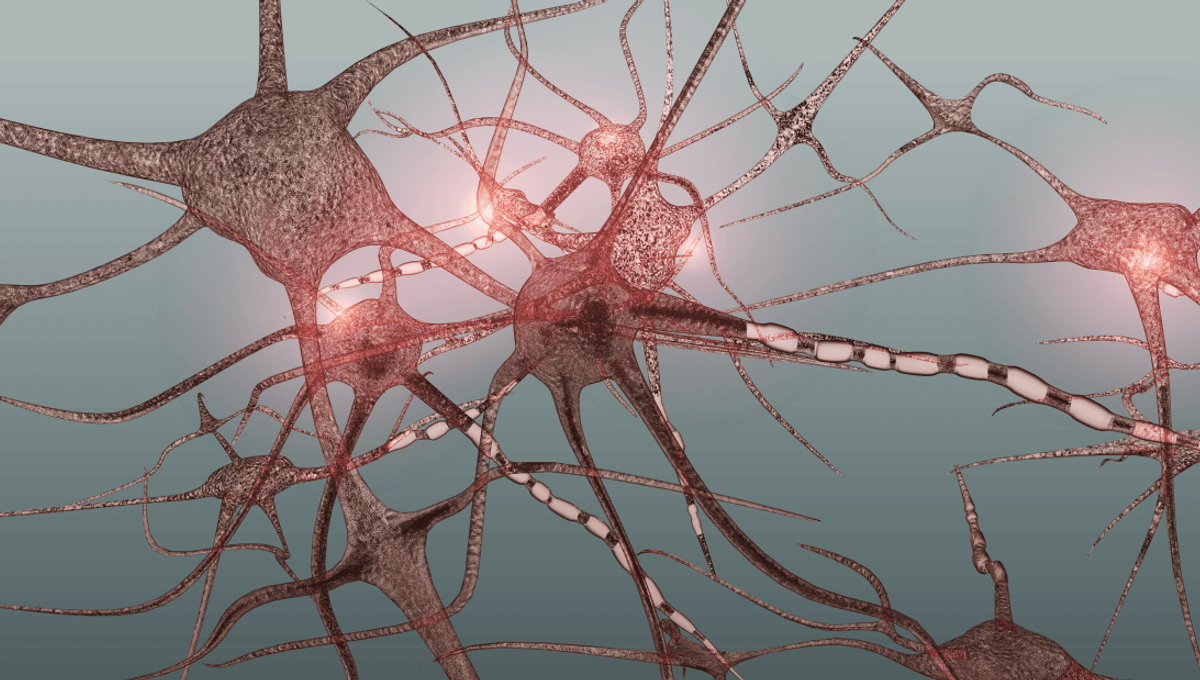
A dusty old group of nerves just got a sexy makeover in a preprint paper that’s suggested the long-known Krause corpuscles found in mammalian genitals may do a lot more than sense temperature changes. Instead, the mouse study suggests they act as vibrotactile sensors that are crucial for normal sexual functioning of the penis and clitoris.
“Krause corpuscles, first discovered in the 1850s, are enigmatic sensory structures with unknown physiological properties and functions found within the genitalia and other mucocutaneous tissues,” explain the authors of the paper that’s not yet undergone peer review.
Since Wilhelm Krause, a 19th-century anatomist from Germany, first described them, they’ve been discovered across the mammalian body. Key areas on humans include the genitals, lips, tongue, and eyes. Our understanding of dermatology has grown significantly since Krause’s discovery, but the exact function of these nerve capsules that can be cylindrical and cup-and-stem-shaped has remained a bit of a mystery.
Some have held that Krause corpuscles are involved in sensing temperature change, but there’s not been much to definitively confirm this. But wait, what’s that? A much spicier theory just entered the chat.
“Using in vivo electrophysiology and calcium imaging, we found that both Krause corpuscle afferent types are A-fiber rapid-adapting low-threshold mechanoreceptors, optimally tuned to dynamic, light touch and mechanical vibrations (40-80 Hz) applied to the clitoris or penis,” explain the study authors.
In activating the Krause corpuscles of male mice, they were able to evoke penile erection. The role of the nerve capsules were further demonstrated when they were genetically removed, impairing males’ abilities to ejaculate and reducing the sexual receptivity of females. It seems these nerve capsules aren’t just specialized for detecting vibrotactile sensations, but could also be crucial for normal sexual function.
The researchers also discovered that there are a similar number of Krause corpuscles on the clitoris and penis, meaning there’s a remarkably high density of them on the comparatively smaller female genitalia. They suggest this demonstrates the existence of a common innervation pattern between the two tissue types that’s present in the early stages of genital development, but which later diverges leading to a highly sexually dimorphic density of Krause corpuscles between the sexes.
Beyond teaching us more about the intriguing neuroscience of genitals, if applicable beyond mice the findings could have wider applications for the study and treatment of sexual dysfunction.
The paper, which is yet to undergo formal peer review, was recently posted on the preprint server bioRxiv.
[H/T: Science Alert]
Source Link: Thank Your Krause Corpuscles, They've Just Been Linked To Sexual Pleasure